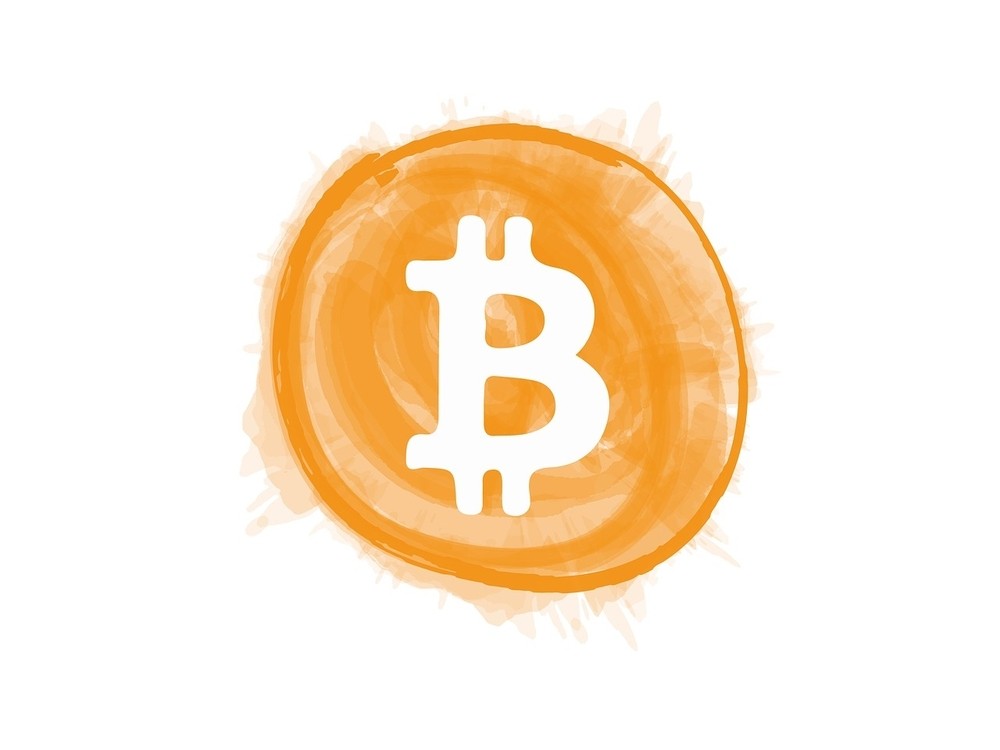Kenneth Rogoff, a Harvard economist, stated this week that the price of bitcoin will soon experience a collapse, as governments are increasingly cracking down on regulatory policies towards bitcoin and other cryptocurrencies. In an article for The Guardian and Project Syndicate, Rogoff stated that while the technology will thrive in the future, the price of bitcoin itself will collapse.
Since the start of 2017, bitcoin experienced a staggering growth of 365%. Just this week bitcoin hit a one-month high of $4,638.07.
Bitcoin and other cryptocurrencies work on a principle of encrypted distributed ledgers, known as blockchains. All transactions conducted using cryptocurrencies are anonymous and decentralized by nature. In other words, they are not managed by a financial authority, the same way traditional currencies are managed by a country's central bank, for example.
According to Rogoff, the increasing pressure from governments to implement some sort of regulating policy for cryptocurrencies is likely to result in a decline in speculative investment. Rogoff noted that the history of traditional currencies have confirmed time and time again that once the private sector introduces innovation, the state eventually introduces regulation and then appropriates. While Rogoff made it clear that he has no concrete prediction as to bitcoin’s price, he did say that there is no reason to expect that the digital currency will avoid the same fate.
Governments worldwide have been rallying to introduce regulation regarding cryptocurrencies and initial coin offerings (ICOs). Last month, China banned ICOs and closed down all domestic bitcoin exchanges. Japan, on the other hand, embraced the digital currency. Last month, Japan officially recognized 11 different firms which will serve as registered cryptocurrencies exchanging platforms. Earlier this year, Japan also announced its decision to grant bitcoin legal tender status.
Cryptocurrencies and bitcoin, in particular, received its fair share of criticism from several financial experts. Earlier this year, JP Morgan CEO, Jamie Dimon, denounced bitcoin as fraudulent. Ray Dalio, from Bridgewater Associates, also called bitcoin a “bubble”.
Since the start of 2017, bitcoin experienced a staggering growth of 365%. Just this week bitcoin hit a one-month high of $4,638.07.
Bitcoin and other cryptocurrencies work on a principle of encrypted distributed ledgers, known as blockchains. All transactions conducted using cryptocurrencies are anonymous and decentralized by nature. In other words, they are not managed by a financial authority, the same way traditional currencies are managed by a country's central bank, for example.
According to Rogoff, the increasing pressure from governments to implement some sort of regulating policy for cryptocurrencies is likely to result in a decline in speculative investment. Rogoff noted that the history of traditional currencies have confirmed time and time again that once the private sector introduces innovation, the state eventually introduces regulation and then appropriates. While Rogoff made it clear that he has no concrete prediction as to bitcoin’s price, he did say that there is no reason to expect that the digital currency will avoid the same fate.
Governments worldwide have been rallying to introduce regulation regarding cryptocurrencies and initial coin offerings (ICOs). Last month, China banned ICOs and closed down all domestic bitcoin exchanges. Japan, on the other hand, embraced the digital currency. Last month, Japan officially recognized 11 different firms which will serve as registered cryptocurrencies exchanging platforms. Earlier this year, Japan also announced its decision to grant bitcoin legal tender status.
Cryptocurrencies and bitcoin, in particular, received its fair share of criticism from several financial experts. Earlier this year, JP Morgan CEO, Jamie Dimon, denounced bitcoin as fraudulent. Ray Dalio, from Bridgewater Associates, also called bitcoin a “bubble”.

